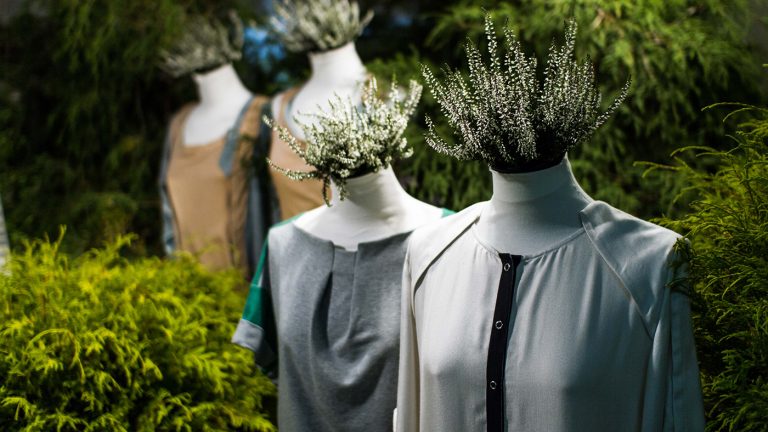A significant part of the luxury industry is moving towards sustainability, this wasn’t the case previously, in recent years there has been a considerable amount of shift. The turning point has come because of the growing attitude especially amongst millennials towards maintaining ethics in the production of clothing.
The luxury industry draws on its heritage, immaculate craftsmanship, and its unique eye for detail. When you wear a piece from a brand you identify with, it isn’t about styling it perfectly, instead it’s about the ethos, the way it makes you feel, the confidence it allows you to have. Even more, how it makes you move through your surroundings and in certain circles. It elevates not only your personal demeanour but has an impact on your social presence. With this, as we move forward and walk into the future- it is evident the pandemic has made us more empathic and has increased our awareness towards the recyclability of the fabric and naming the manufacturer of our clothing.
Luxury is moving towards sustainability apart from investing more and more into craftsmanship. The growing consensus is beginning to looking towards wearing clothes that are made in small batches, are well-thought of, detailed, and allow them to feel like they belong to a community. Luxury with sustainability is putting back the art craftsmanship into the sea of fast-fashion consumerism with empathic practices. We are starting to care again about their process of crafting clothes, the detailed effort that goes to bring them to life, and making sure the people who make them are also being able to lead decent lives.
Fashion has to face its future, and many luxury brands have stepped up in recent years to re-imagine and re-work on their supply chains, like GUCCI and Stella McCartney who, have been opting to use recyclable fabrics,standing against the use of fur, and switching to recycled packaging. Both, Stella McCartney and ADAU have been paving the way for sustainability since the beginning and making sure their production is built on values of less wastage and low carbon footprints.
If we take a note from these specific turn-overs, consumers are looking to invest in something durable, beautiful but also something that speaks volumes on how we treat each other and our planet. There is a growing consciousness regarding the environment we inhabit and its diminishing resources. While luxury caters to giving that sense of purpose, status, and belongingness, it is also coming to terms with that to look onward, it will have to exhibit empathy.
In looking at high-end jewellery, and the sourcing of raw material, especially diamonds, its ethics are always in question. Recently, The Swiss atelier Chopard has raised a voice against the dark face of diamond mining and introduced sustainable gold-labelled “Fairmined”, meaning it was extracted according to rigorous standards in terms of environmental protection and the economic and social development of mining communities. The diamonds were certified according to the code of conduct of the Responsible Jewellery Council (RJC).
At ADAU, craftsmanship is the key process that allows us to ensure the creation of well-tailored pieces; we have tied up with a guild of weavers, that extends employment opportunity to women from their village and those of neighbouring villages. We are invested in the process of making yarn from cotton, hand-woven with care. The interactions between the cloth and the people are crucial to us, and we believe they should be there from the beginning, starting from the fair-trade of the finest organic cotton.
Luxury will certainly remain a significant part of the industry, but the way we go about it will have to be through sustainability and empathy. With a sincere guiding thought towards ethical process and investment in continuing to benefit the greater good.

